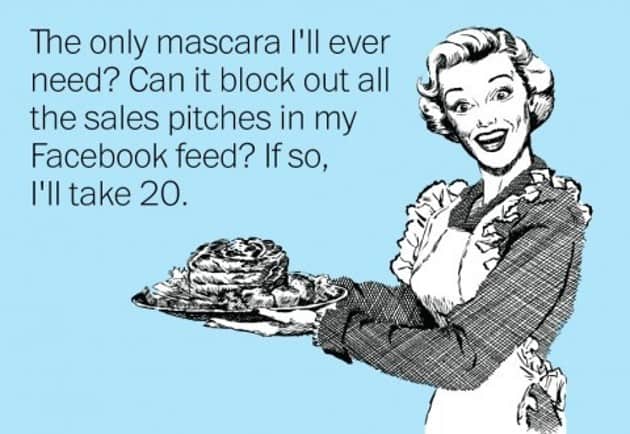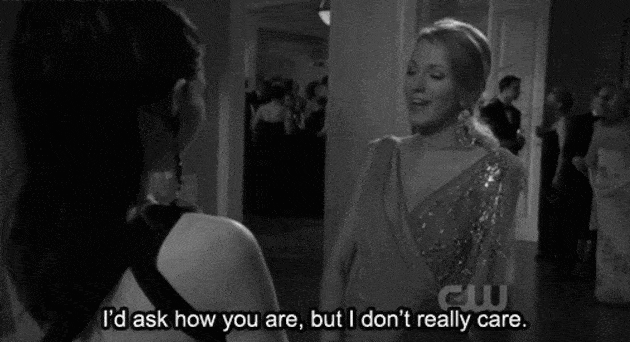
Logging on to Facebook, Twitter, or Instagram is a simple way to stay updated about the lives of friends and family near and far. But your 300 or 2,000 friends invariably include some people who, while delightful IRL (in real life), can be pretty annoying online.
Here are just 10 examples.
The Tease.
This person routinely posts vague bits of information hinting at some big news but then says she can't share more - either "ever" or "yet." On Facebook or Twitter, the snippet could be a short "so excited!"; on Instagram, a photo of a hand or a selfie in profile. Engagement? Baby? Just tell us already (or don't tell - just don't post something in between).
The Fisher.
We're all going to have a hard day sometimes and reach out to our friends for support. But some people pretty regularly write about how bad they feel about themselves in a way that makes it seem they're fishing for compliments. It grows old fast.
The Politico.
Granted, this election year has made more nonpolitical folk post more about favorite (or hated) candidates and topics than usual. But if your friend isn't posting anything other than screeds or memes about hotly debated issues, it's time to hide him or her, at least until December.
The Salesman.
Apparently, the only reason this person friended you was to make you a customer. Whether it's real estate, makeup or cleaning products, every post is a sales pitch. When that person then starts messaging you asking if you'll buy something, it's not just time to hide, but to unfriend.
Selfie Central.
It's not just teens who are obsessed with snapping various versions of their faces and bodies throughout the day; it can even be older people. When every day features a few more selfies (and, heaven forbid, they are almost all duck-face ones with those exaggerated puckered lips), it's tempting to hide any and all images of this friend.
The Gamer.
It's not very interesting to see all the updates scattered through your news feed of your friend's success in solving a crime scene or building a city. But that's not a big deal compared with getting frequent requests to join him on a quest to get more virtual farm animals or candy.
The Arguer.
Even if you try hard to stay neutral when it comes to politics or hot topics and don't post anything controversial, there's still at least one friend out there who will disagree with something you or another friend write. After a few private-message warnings, you'll have to unfriend to keep yourself from boiling over online.
The *@#$er.
If you aren't one to curse in your posts, and it pains you to see bad language in the news feed, it can be painful to face this person's comments. And even if you ask nicely in a private message that he or she cease and desist in posts or in comments on your post, that person may very well have friends who don't abide by the same rule. Hiding his or her posts will usually cover most of the problem.
Miss Sunshine, Kittens, and Rainbows.
Positivity is great. But when this friend only posts photos and messages that are over-the-top happy and seem to indicate her life is only awesome or more awesome, her marriage is amazing, her children never bother her or do wrong, and she seems to have everything she ever dreamed of and more, you really want to see a few posts admitting that sometimes life can be (gasp!) normal.
The Oversharer.
With this friend, you're privy to every marital disagreement, self-doubt, health issue (in all its gory details) and financial problem. While it's annoying to hear about someone whose life is seemingly perfect, the opposite is also true. It's all about balance: sharing some of the good and some of the bad, being real and accessible but leaning to the positive. And this friend not only shares all his or her feelings but even all the personal details that are best left to private messages, like address, phone number and birth date, all in an accessible public package.
Don't be annoying on social media. Be an example online and at home, especially with your children. You can do this by being vigilant about your children's online activity, by talking regularly about safety and smart practices and by checking in to their feeds and accounts personally, using an apps such as WebSafety. Visit WebSafety for more information and to download the app today.






